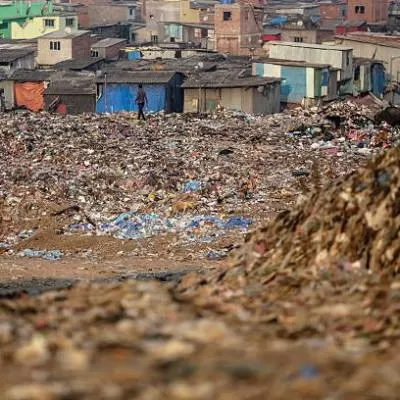

The BMC has been working towards achieving 100% decentralised waste processing in the city by focusing on reducing municipal solid waste at two of their landfills in Deonar and Kanjurmarg. It was stated that the waste processing plant at Kanjurmarg takes up 80% of the waste, and the BMC aims to decentralise this as a long-term sustainable way of solid waste management.
Refuse transfer stations (RTS) facilities have been set up by the BMC at Mahalaxmi, Kurla, Versova, and Gorai. RTS serves as a processing site for the temporary deposition and aggregation of solid waste.
It was mentioned that these stations receive solid waste from municipal wards before it is dumped at the landfill's waste processing unit. It is then loaded in large compactors and transported to the dumping ground for disposal.
According to civic sources, there should be one RTS in a 15 km radius. The BMC intends to upgrade the RTS facilities to improve waste segregation and reduce non-recyclable waste that goes to landfills.
It was noted that the city produces 6,300 metric tonnes (MT) of waste every day, and around 4,500 MT of waste is sent to the processing plant in Kanjurmarg. The BMC has already started the process for closure of the Mulund dumping ground for reclaiming the land and intends to complete the construction of a 600 MT waste-to-energy plant at the Deonar landfill.
Municipal commissioner Bhushan Gagrani visited the Kanjurmarg landfill to review the work on-site on Tuesday with additional municipal commissioner Sudhakar Shinde and deputy municipal commissioner for solid waste management Sanjog Kabre. It was reported that Gagrani instructed the officials to ensure the waste is collected on time and disposed of properly.